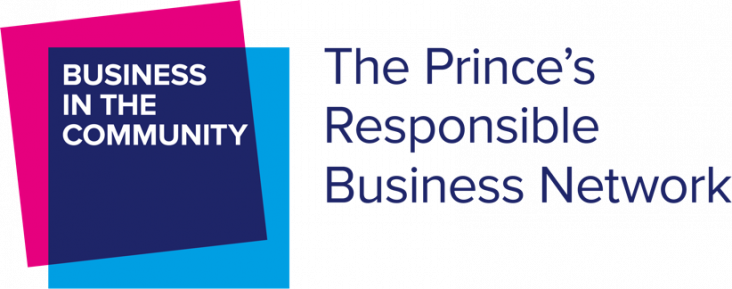Purpose: Given incomplete data reporting by race, we used data on COVID-19 cases and deaths in U.S. counties to describe racial disparities in COVID-19 disease and death and associated determinants.
Background: Falls in older adults, notably those with Alzheimer's dementia (AD), are prevalent. Vision and balance impairments are prominent falls risk factors in older adults.
Cities with many pedestrian barriers can inhibit community mobility, access to services, and social participation for people with disabilities.
Exaggerations of the detrimental impact of recreational drug use on the brain is killing Black People.
Enhancing the Diversity of Neuroscience Researchers.
This book chapter advances SDG 3 and 10 by introducing the concept of cultural psychiatry and it's focus on cultural competence training, to address mental health disparities and related injustices, providing the tools professionals need in the field.
This book chapter advances SDG 3 and 10 by highlighting themes related to child and adolescent mental health (CAMH) care in East Asia, Southeast Asia, and Pacific Islands world regions. This chapter provides a narrative review of prevalence studies conducted in the regions targeted in this chapter, emphasize the magnitude of the CAMH workforce challenges, describe the importance of considering and addressing the acculturative and socioeconomic challenges that lead to CAMH disparities, and provide solutions and recommendations for the future.
Contributing to SDGs 8 and 10, this podcast explores the impact of the Black Lives Matter movement and discusses concepts such as: white privilege and white fragility; how to be an effective ally; how organisations translate powerful conversations into meaningful action; and practical steps that organisations can take in the context of both recruitment and capability.

The SDG Impact of COVID-19 podcast series gathers expert opinion exploring the impact of COVID-19 on the Sustainable Development Goals. In this segment, we get the view of Sandra Kerr, Director of Race Equality at Business in the Community.
This book chapter advances SDGs 3 and 10 by explaining how individuals with diabetes who are of lower socioeconomic status are more likely to have poorer diabetes-related outcomes. Digital health advancements provide unique opportunities to reduce health inequities for this high-risk group.
